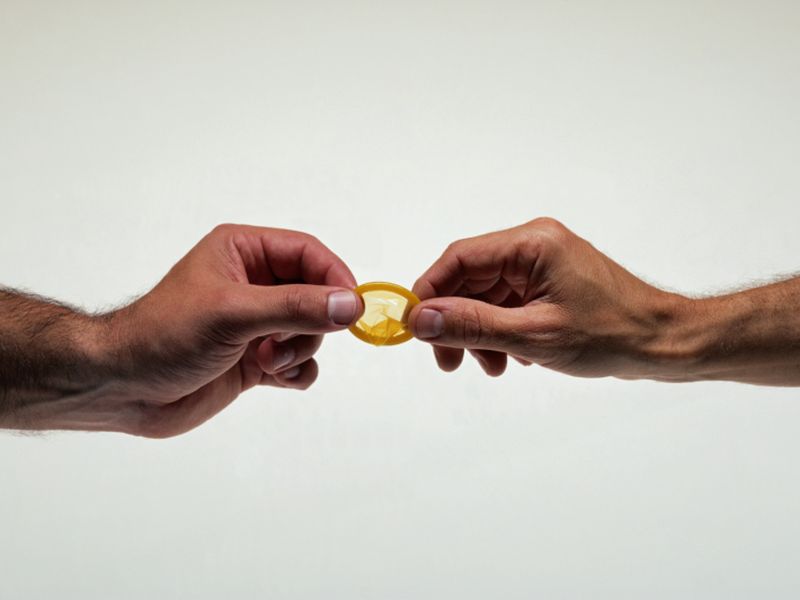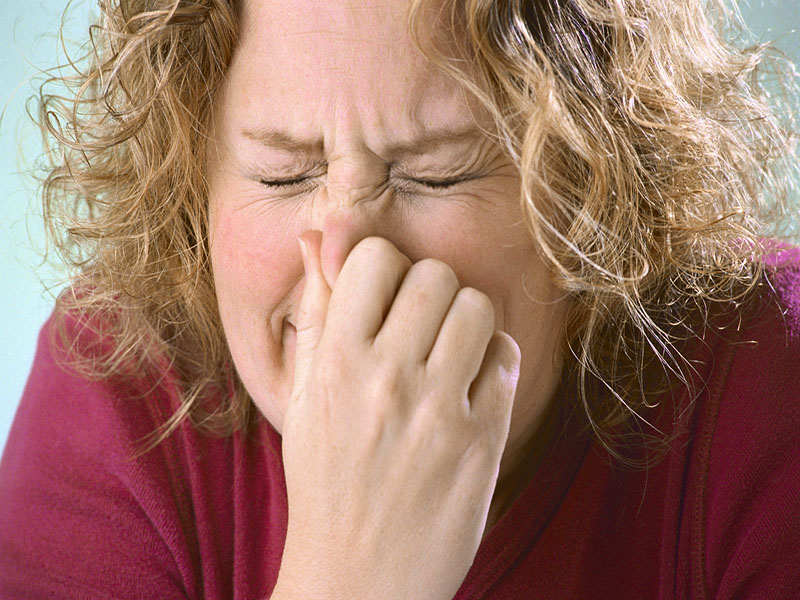
Here’s some straight talk about the value of “the talk.” Fathers who talk with their teenage sons about condom use can help prevent sexually transmitted infections (STIs) and unplanned pregnancies, researchers say. Condoms are the only contraceptive method that can prevent pregnancy and the spread of sexually transmitted infections, including HIV. Yet, recent U.S. government… read on >






























